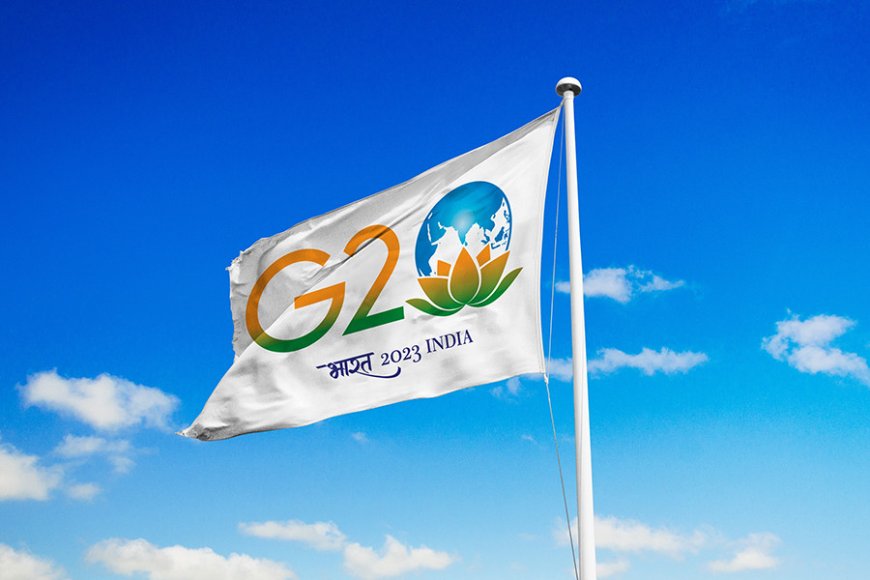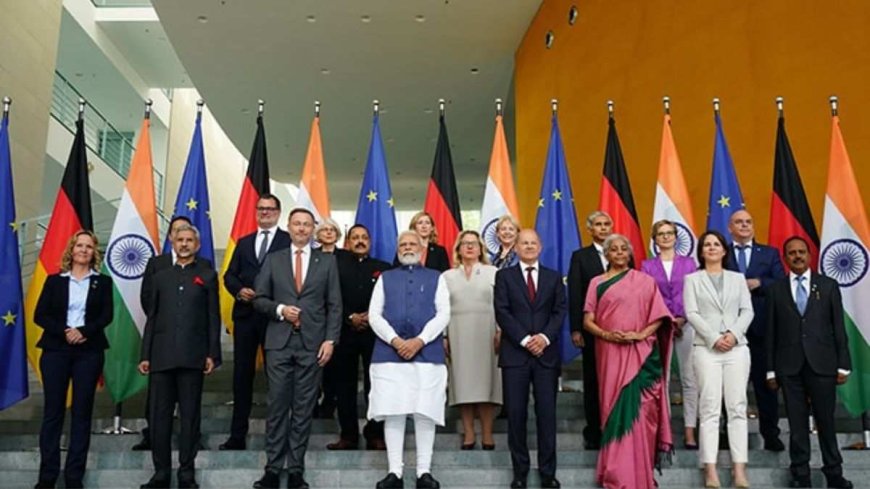The G20 Summit: Shaping the Global Agenda
The G20 is a vital international platform connecting major economies to address global challenges. Originating post-World War II, it coordinates economic policy and hosts an annual summit for world leaders. Potential focus areas include climate change, economic recovery, and sustainability. Challenges include achieving consensus and implementing decisions, but the G20 offers a forum for cooperation. Ongoing work involves year-long working groups and engagement with sectors beyond government. Looking ahead, the G20 remains essential in shaping the global agenda for wealth, sustainability, and equity.
The Group of Twenty, or G20, is an important international cooperation platform. It connects the world's biggest industrialised economies, making up around 80% of global trade, GDP, and population. The annual G20 Summit, where world leaders discuss pressing issues and seek cooperative solutions, is the outcome of their efforts.
Background
The G20 is a post-World War II project that aims to coordinate international economic policy. Its objective is to regularly convene significant industrialised and emerging economies to discuss crucial global economic challenges. The creation of the G20 Summit of Finance Ministers and Central Bank Governors, which arranges the leaders' summit and carries out their decisions, was in response to the 2007–2008 financial crisis and the realisation that important emerging nations were not sufficiently represented in the centre of global economic discourse and governance. There have been other G20 summits with heads of state or government.
The G20 meeting will take place on November 18–19, 2024, with Brazil as the host nation. Although official announcements of specific themes have not yet been made due to the current state of world affairs, potential areas of focus include climate change and sustainability, global food security, post-pandemic economic recovery, and the future of work.
The 2023 G20 Summit was presided over by India and held in New Delhi, with the theme "One Earth, One Family, One Future." Key results comprised a Sustainable Finance Action Plan to raise money for sustainable development, digital transformation, and inclusion, and a pledge to improve procedures for responding to and preparing for pandemics.
The G20 faces challenges in achieving consensus among such a diverse group, and geopolitical conflicts can obstruct development. Furthermore, ensuring the execution of decided-upon measures continues to be a challenge.
But there are also a lot of great chances with the G20. It offers a forum for candid discussion and cooperation on important international issues. The G20 can significantly contribute to the creation of a future that is more wealthy, sustainable, and equitable for all by utilizing the combined resources and experience of its members.
Beyond the Summit: Ongoing G20 Work
The G20 meeting is only one part of a longer process that takes a whole year. Working groups convene on a range of topics throughout the year to prepare for summit talks. Participation in the commercial sector and civil society organisations enhances our grasp of difficult issues on a broader scale.
Looking Ahead: The world we inhabit is constantly evolving and the G20 has the potential to make a significant positive impact due to its distinctive blend of representation and economic might. Whether the matter at hand is promoting fair economic growth, ensuring worldwide health protection, or addressing climate change, the G20 summit remains an essential forum for shaping the global agenda in the years to come.













































